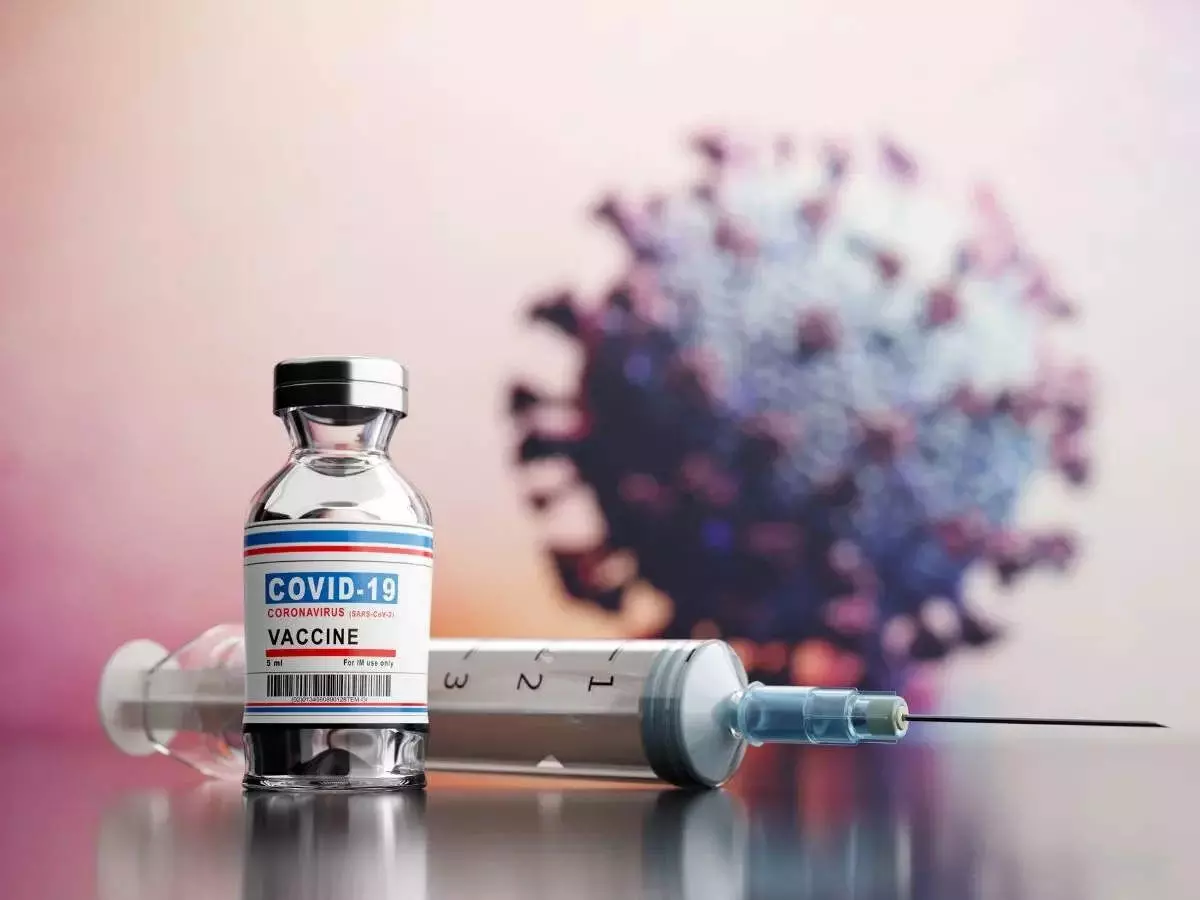Did booster dose lower incidence of long Covid? CDC study leaves question marks
The Centre for Disease Control (CDC) and Prevention, USA, conducted a study on Long Covid or Postacute Sequelae of SARS-C0V-2 and examined the prevalence and predictors of long covid from a sample of 1,338 positive cases among university members in Washington, DC between July 2021 and March 2022.
By Sulogna Mehta
Hyderabad: Many people who suffered from Covid-19, especially during the initial waves, have experienced various adverse effects on their health even after being cured. These effects, commonly known as “long Covid,” lasted several weeks or even months, often disrupting the normal functioning of the system, aggravating existing conditions, and causing damage to the organs.
The Centre for Disease Control (CDC) and Prevention, USA, conducted a study on Long Covid or Postacute Sequelae of SARS-C0V-2 and examined the prevalence and predictors of long covid from a sample of 1,338 positive cases among university members in Washington, DC between July 2021 and March 2022. The study was taken up in the university setting of George Washington University Milliken Institute of Public Health, Washington, DC, USA.
According to the CDC study, around 36% got long Covid. It was more prevalent among those who had underlying conditions, were not fully vaccinated, who were female, who had been or currently were smokers, who experienced acute Covid-19 symptoms, who reported higher symptom counts, who sought medical care or who received antibody treatment. Among those who got long Covid, around 25.9 % got three doses of the vaccine, 42.5 % took two doses, and 49.8 % had incomplete vaccinations.
Study gives rise to more questions
Based on the findings of the study, Dr. Rajeev Jayadevan, an Indian doctor and co-chairman of the National Body of Indian Medical Association (IMA), Covid task force, analysed the research study on long covid in the population. He questioned the study’s conclusion, especially pertaining to lower incidence of long Covid due to the booster dose.
As per Dr. Jayadevan’s recent tweets, he has identified certain caveats. Long Covid study from CDC lists a few subgroups as ‘high risk,’ especially women, those with lower number of vaccine doses and more acute symptoms. “The study ran from pre vaccine era, till February 2022. Those who had symptoms lasting more than 28 days after 10 days of isolation were deemed to have long Covid. Authors of the study conclude that ‘those who got a booster dose were less likely to have Long Covid.’ But it would be premature to conclude that ‘booster doses reduce long Covid risk.’”
He added, “The timeline of the study is short after the third dose. This might not be enough for all long Covid cases to manifest or be noticed by the participants. By contrast, those who got Covid in the pre-booster period had longer follow-up time, which meant their symptoms had time to get noticed.”
Dr. Jayadevan said, “Prior to 2021 November, it was delta, alpha and the original strain, which were more potent and were also known to cause long Covid. Thus, they fall into the two doses or ‘incompletely vaccinated’ group simply because booster dose wasn’t available at that time. Omicron came in November 2021, which is believed to be milder due to prior immune response and differences in genotype and phenotype. Thus, the ‘boosted group’ were all Omicron cases, hence less likely to have long Covid by default.”
He continued, “Authors do not specify the reasons why some did not take the booster. It is possible that someone who had infection in addition to the two doses vaccine refused it. Maybe they already had long Covid and didn’t feel a booster dose would help. Thus, they could have got excluded from the boosted group. Around 143 people had more bouts of covid and it’s possible the long Covid was due to repeated infections and hence they refused the booster dose. Thus, it doesn’t mean the lower incidence of long Covid was due to booster dose.”